HP talks up recyclables at first Sustainability Summit
PC and printer giant is working to cut waste and improve recycling
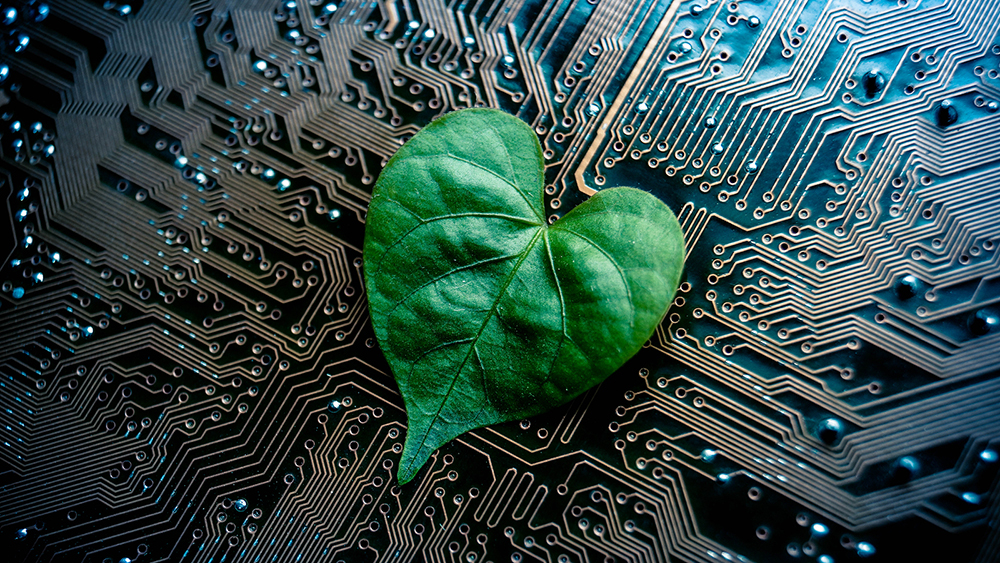

At its first annual Sustainability Summit, hardware giant HP set several goals it hopes will see it use more recycled hardware in its supply chain.
Talking about the concept of a circular economy, in which new products use as few fresh raw materials as possible, Judy Glazer, global head of sustainability and product compliance, said: "While it's quite a familiar concept in some ways, with impressive potential returns for the global economy, it's not easy to do - if it were, we would already see it in action."
"We really need to focus on practical ways to move from circular economy concepts to circular economy reality," Glazer continued, "because I believe we can do that and we are seeing success in finding practical and scalable, long-term ways to implement circular economy concepts in our business. I think there's a real benefit for our customers for our business and for society at large."
Circular economy refers to the concept of reusing what would once have been considered 'consumables' - toner cartridges, for example - to reduce waste. This is in contrast to the the 'linear' model of consumption, described by HP's UK & Ireland MD, George Brasher, as "take, make, consume and dispose". It also incorporates other elements of corporate social responsibility, such as using recycled materials in the initial production of plastic components.
"The circular economy is regenerative by intention - you have to plan for it - and we're using this so that we can create operations that continually recover and reuse materials," said Brasher. "It allows you to decouple growth from the reliance on increasingly scarce raw materials, which benefits the environment. We can also help our customers reduce cost by gaining more value from each raw material."
Asked by IT Pro if a fully closed-loop system will ever be possible, Glazer said the circular economy "is as an organising principle that can help us enhance our business and increase the sustainability performance of our business".
"It's a journey, more than an end point and one that can benefit society," she added.
Get the ITPro daily newsletter
Sign up today and you will receive a free copy of our Future Focus 2025 report - the leading guidance on AI, cybersecurity and other IT challenges as per 700+ senior executives
Markus Laubscher, director of sustainability at Philips, one HP's partners, also told IT Pro: "So far, it's the only model that holds the potential. Will it be ever 100% circular? Well, history will show - I'm not sure.
"It depends a lot on the manufacturers, but also on the technologies and how far can you design them, ultimately, in such a way that everything can be reused. For now, there will be a lot of situations where there might remain some consumable elements that you have difficulty in bringing back, but it's a great area for innovation to get those elements also under control."

Jane McCallion is Managing Editor of ITPro and ChannelPro, specializing in data centers, enterprise IT infrastructure, and cybersecurity. Before becoming Managing Editor, she held the role of Deputy Editor and, prior to that, Features Editor, managing a pool of freelance and internal writers, while continuing to specialize in enterprise IT infrastructure, and business strategy.
Prior to joining ITPro, Jane was a freelance business journalist writing as both Jane McCallion and Jane Bordenave for titles such as European CEO, World Finance, and Business Excellence Magazine.
-
 Bigger salaries, more burnout: Is the CISO role in crisis?
Bigger salaries, more burnout: Is the CISO role in crisis?In-depth CISOs are more stressed than ever before – but why is this and what can be done?
By Kate O'Flaherty Published
-
 Cheap cyber crime kits can be bought on the dark web for less than $25
Cheap cyber crime kits can be bought on the dark web for less than $25News Research from NordVPN shows phishing kits are now widely available on the dark web and via messaging apps like Telegram, and are often selling for less than $25.
By Emma Woollacott Published
-
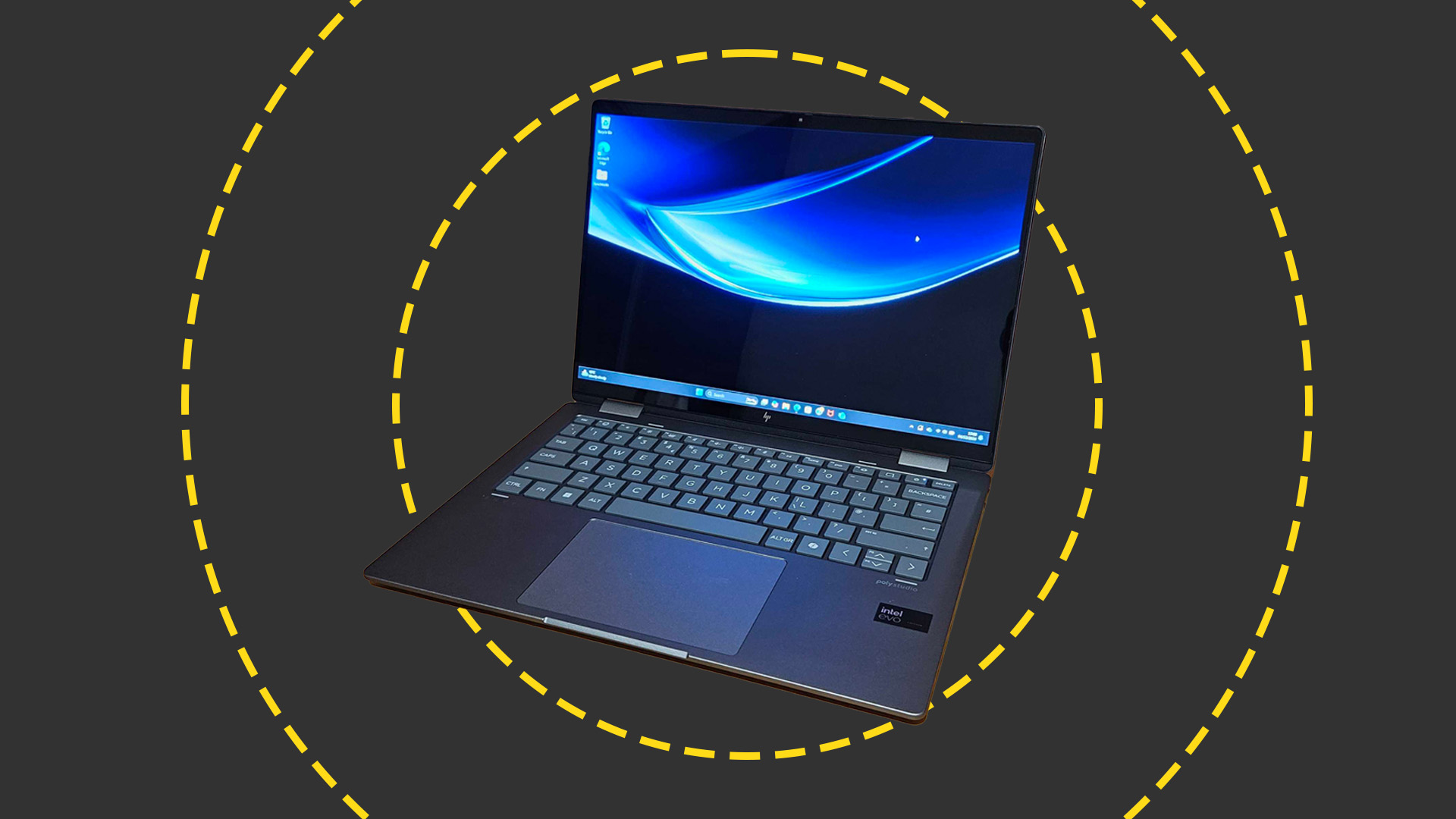 HP Envy x360 2-in-1 (14-FC0009NA) review: A cut-price AI PC for the enterprise
HP Envy x360 2-in-1 (14-FC0009NA) review: A cut-price AI PC for the enterpriseReviews The Intel-powered HP Envy x360 is a decent punt for its price point despite a few bugbears
By Keumars Afifi-Sabet Published
-
 Dell, HP post underwhelming returns as PC market remains in a state of flux
Dell, HP post underwhelming returns as PC market remains in a state of fluxNews Original equipment manufacturers (OEMs) are contending with an impending Windows 10 EOL and a burgeoning AI PC market
By George Fitzmaurice Published
-
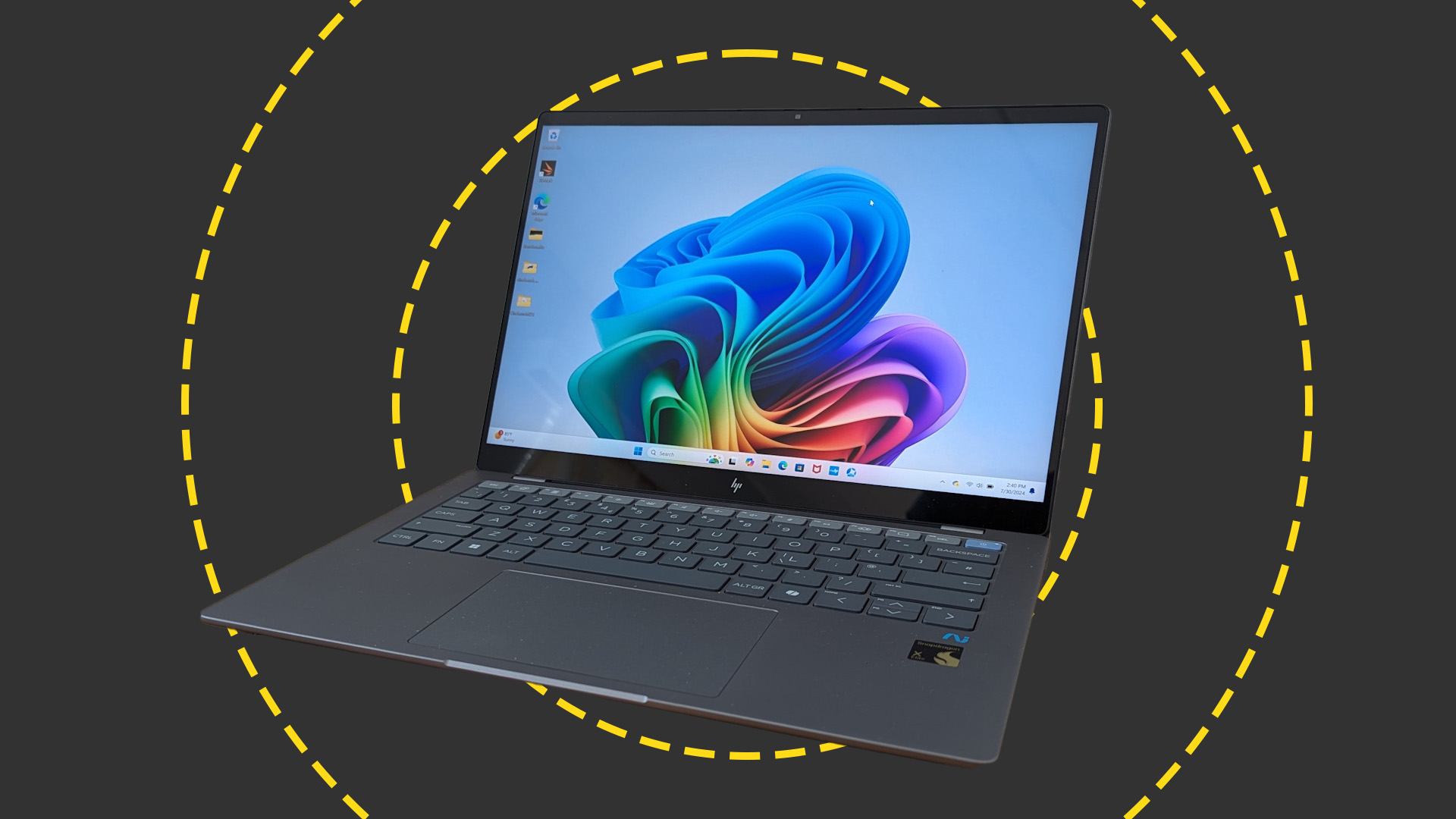
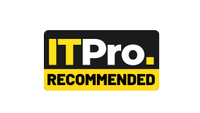 HP OmniBook X 14 review: Incredible battery life meets Copilot+ AI
HP OmniBook X 14 review: Incredible battery life meets Copilot+ AIReviews Ignore the slightly underwhelming screen and you have a brilliant thin-and-light laptop with AI capabilities and superlative battery life
By Stuart Andrews Published
-
 HP has scrapped its most compelling device as it aims for AI PCs — there is nothing like it left on the market
HP has scrapped its most compelling device as it aims for AI PCs — there is nothing like it left on the marketOpinion The HP Elite Dragonfly had everything you needed – a great battery, plenty of power, all the ports, and a fantastic display – until it was killed off
By Keumars Afifi-Sabet Published
-
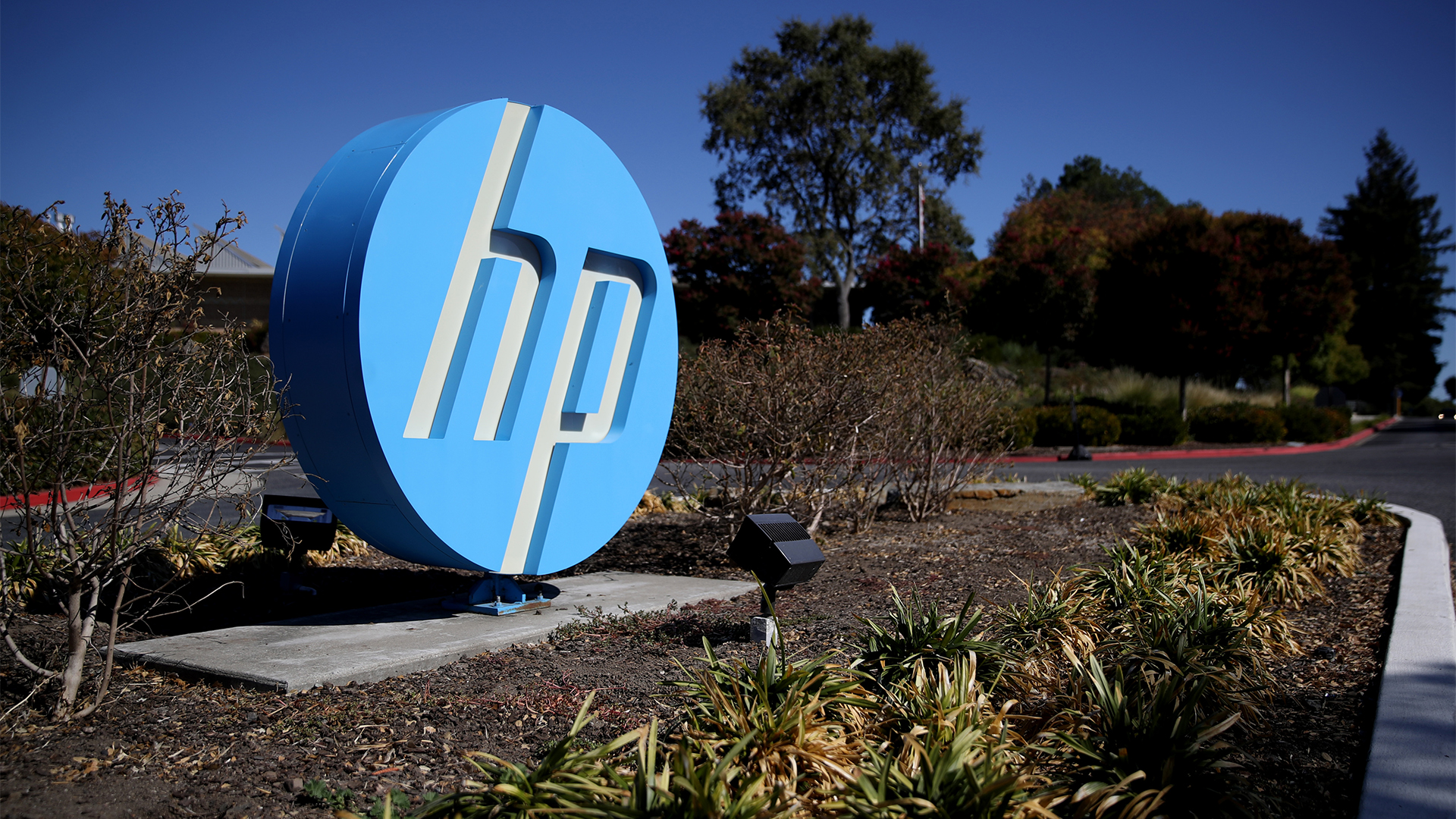 HP shows the AI PC ecosystem is starting to bear fruit — is it time for businesses to take note?
HP shows the AI PC ecosystem is starting to bear fruit — is it time for businesses to take note?Analysis The era of the AI PC may soon be upon us as software vendors start to realize the potential value of processing AI workloads locally
By Solomon Klappholz Published
-
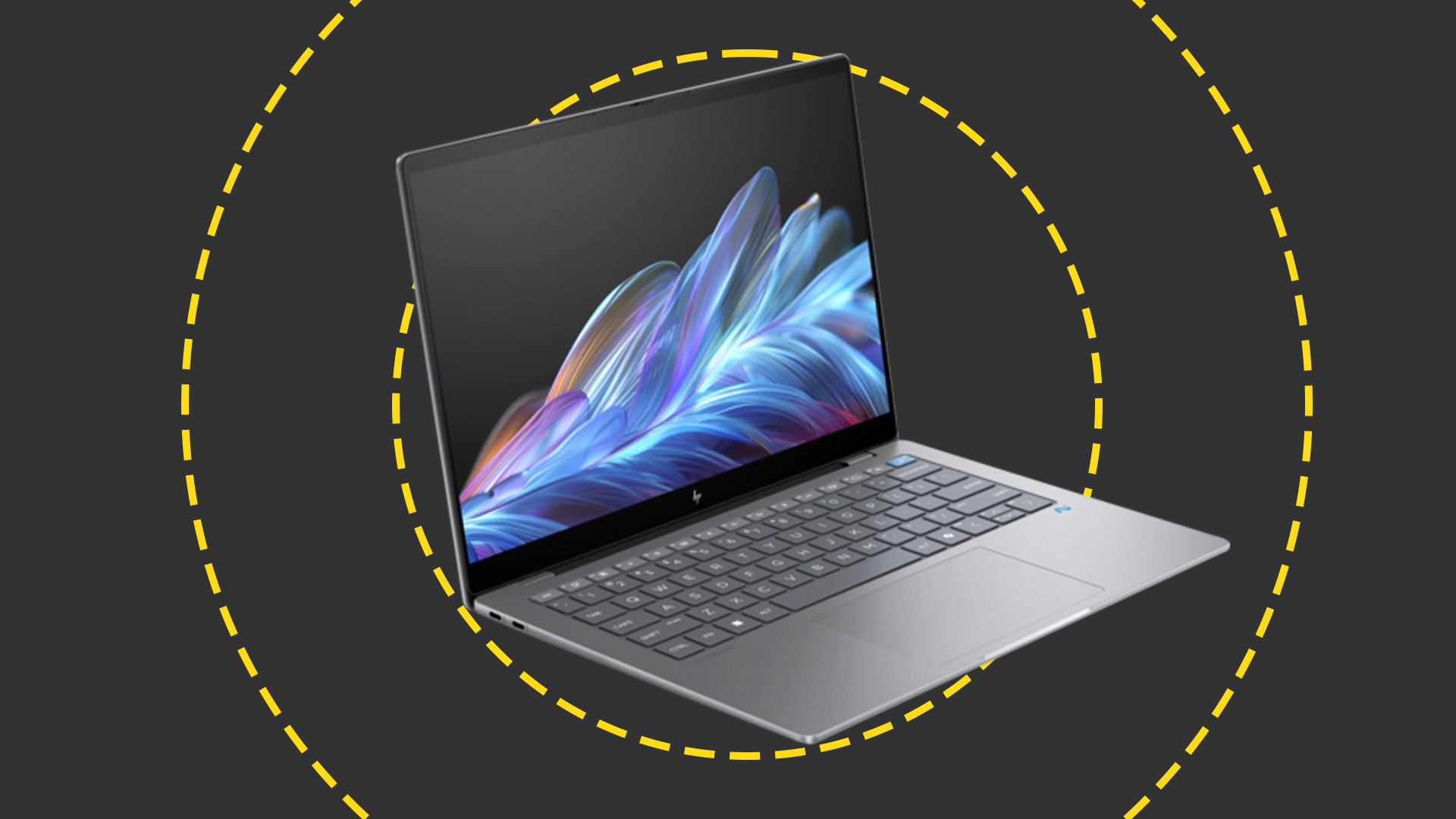 HP caps off its PC overhaul with the launch of the OmniBook Ultra 14 – its most powerful AI-powered laptop to date
HP caps off its PC overhaul with the launch of the OmniBook Ultra 14 – its most powerful AI-powered laptop to dateNews With the HP Dragonfly, Spectre, and Envy brands ditched in sweeping restructure of device portfolio, the OmniBook Ultra 14 marks the first major step into the era of the AI PC
By Solomon Klappholz Published
-
 HP just launched the world’s first business PCs designed to protect firmware against quantum hacking
HP just launched the world’s first business PCs designed to protect firmware against quantum hackingNews HP is worried about quantum security risks, so it’s upgrading devices to contend with future threats
By Ross Kelly Published
-
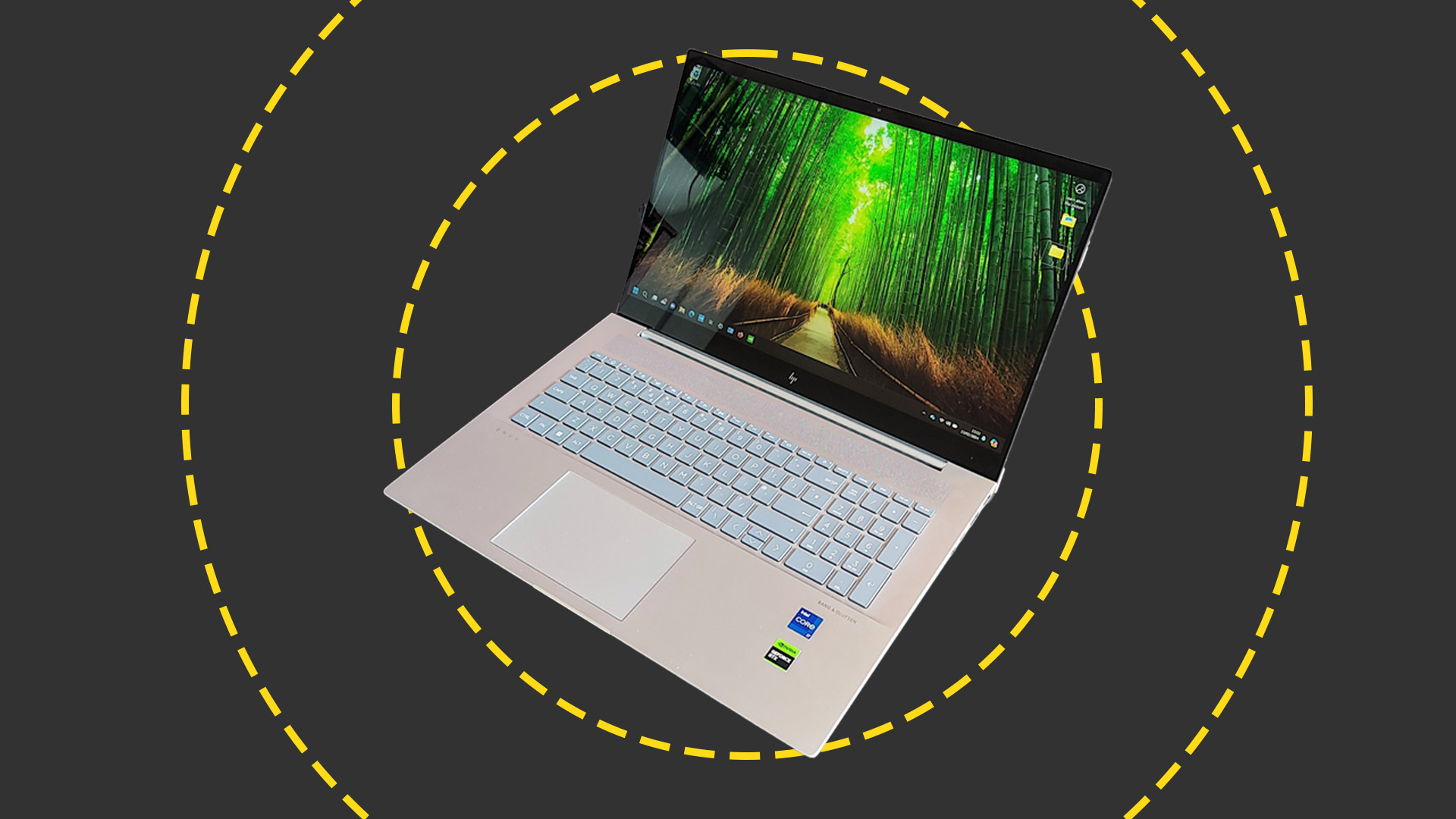 HP Envy 17 review: An affordable big-screen workstation replacement
HP Envy 17 review: An affordable big-screen workstation replacementReviews With the option of Nvidia graphics and a 4K display, the HP Envy 17 is a versatile yet affordable big-screen laptop
By Alun Taylor Published